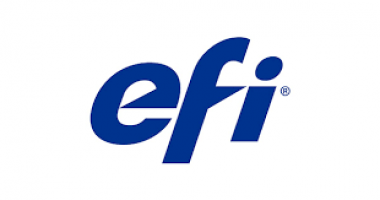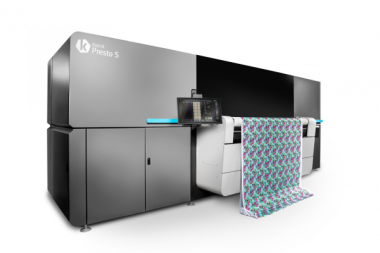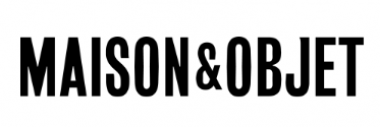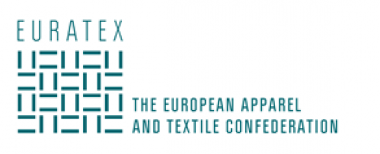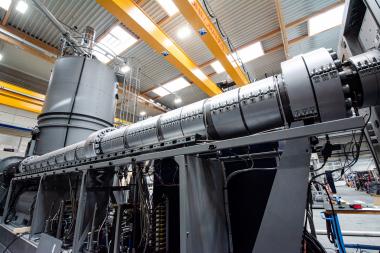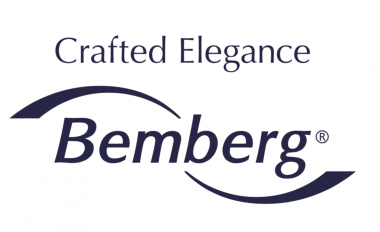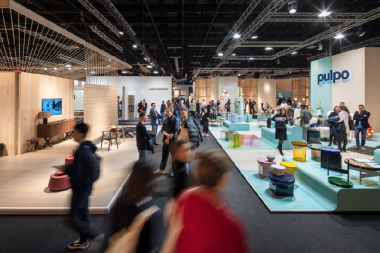nova-Institute: BioRECO2VER project - Conversion of CO2 into chemical building blocks
CO2 as renewable carbon source
Carbon is the main element in numerous materials used in industrial processes and in our daily lives. It is currently mostly provided from fossil sources. But what if carbon could be used directly from CO2 emissions? Biotechnology shows particularly great potential for the eco-effective conversion of climate-damaging CO2 emissions into valuable basic chemicals. A consortium of 12 partners investigated this pathway in the EU-funded BioRECO2VER project, examining the conversion of CO2 emissions from refineries and the cement industry into the chemical building blocks isobutene (C4H8) and lactate (C2H6O3).
Innovative chemo-enzymatic concept for CO2 Capture
Project partner Luleå University of Technology (LTU) focused on the first process step of capturing and concentrating CO2 from industrial point sources. Their team developed a hybrid chemo-enzymatic process consisting of a novel solvent blend and an ultrastable carbonic anhydrase (CA) enzyme. The solvent blend included an amino acid ionic liquid and a tertiary amine and displayed a good compromise between enzyme compatibility, absorption rate, capacity and desorption potential. In addition, LTU generated ultrastable enzyme mutants that showed 50% increased resistance to selected flue gas inhibitors compared to the original CA. This 3-component CO2 capture process was scaled up in a pilot rig, and the set-up further used for real off gas pre-treatment in the project.
Two unique pilots for biotechnological CO2 Conversion/Utilization
The biotechnological conversion of (captured) CO2 and the co-substrate hydrogen by microorganisms poses technical and economic challenges because it takes place in the liquid phase and the substrates are gases which are poorly soluble. The BioRECO2VER project investigated two approaches to address this: fermentation under elevated pressure and bio-electrochemistry with in situ production of hydrogen.
Pressurized fermenter
Project coordinator VITO designed a flexible and multifunctional high-pressure fermenter, customized for research activities with advanced online sensors, monitoring and control, and also including a membrane filtration unit to achieve high concentrations of the microbial biocatalysts. The set-up was broadly tested in the BioRECO2VER project both with pure CO2 and CO2-rich off-gases but can also be used for investigations involving other poorly soluble gases, such as methane, oxygen, or synthesis gas. Pressures up to 10 bar can be applied.
First solely CO2-based bio-electrochemical platform
University of Girona designed and tested a bio-electrochemical platform. The key differentiators of the pilot plant are:
- Two parallel lines to test engineered strains and bio-electrochemical systems
- Fully automated pilot plant capable to control key operational parameters (pCO2, pO2, pH2, pH, Temperature) to intensify the process performance
- Solid-liquid separation unit (membrane) to recover the planktonic cells and return them into the bio-electrochemical systems.
This unique infrastructure will be used beyond the project to support further research and development activities in the broad area of CO2 capture and conversion.
nova-Institut GmbH




